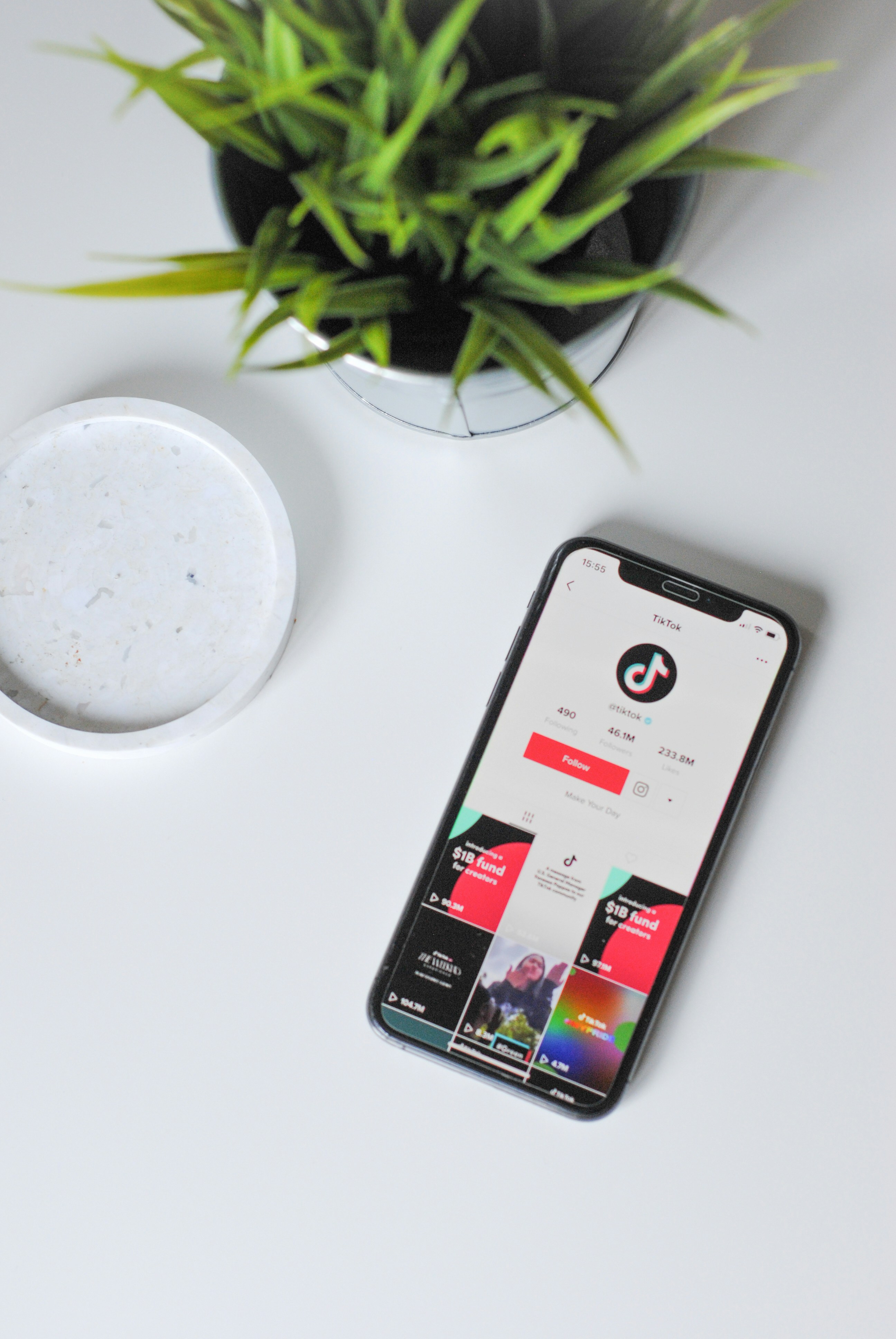The Impact of Social Media on Psychological Well-Being
Social media has revolutionized the way we communicate, connect, and consume information. While it offers numerous benefits, such as fostering relationships and providing a platform for self-expression, its influence on psychological well-being is a topic of growing concern. This article delves into the positive and negative effects of social media on mental health, the psychological mechanisms at play, and strategies to use it in a balanced and healthy way.
The Positive Aspects of Social Media
Enhancing Social Connections
Social media allows people to maintain relationships across distances and form new connections.
-
Strengthening Bonds: Platforms like Facebook and Instagram help friends and families stay in touch.
-
Community Building: Online groups provide support for people with shared interests or challenges, such as mental health forums or hobby groups.
Platforms for Self-Expression and Creativity
Social media enables users to express themselves creatively and share their talents.
-
Showcasing Skills: Artists, writers, and musicians can reach a global audience.
-
Personal Branding: Individuals can build their identity and share their values with the world.
Access to Information and Resources
The digital age has made information more accessible than ever before.
-
Educational Content: Platforms like YouTube and LinkedIn offer tutorials and professional growth opportunities.
-
Awareness Campaigns: Social media helps spread awareness about critical issues like mental health, social justice, and environmental conservation.
The Negative Effects of Social Media on Psychological Well-Being
Increased Anxiety and Depression
Excessive use of social media has been linked to higher levels of anxiety and depression.
-
Comparison Trap: Seeing curated highlights of others’ lives can lead to feelings of inadequacy.
-
Fear of Missing Out (FOMO): Constant exposure to events and activities can make users feel excluded.
Impact on Self-Esteem
Social media can influence how individuals perceive themselves.
-
Validation-Seeking Behavior: Dependence on likes and comments for self-worth.
-
Body Image Issues: Unrealistic portrayals of beauty standards contribute to dissatisfaction.
Addiction and Overuse
Social media platforms are designed to capture and retain user attention, leading to compulsive usage.
-
Dopamine Loop: Notifications and likes activate the brain’s reward system, fostering addiction.
-
Sleep Disruption: Late-night scrolling interferes with healthy sleep patterns.
Cyberbullying and Online Harassment
The anonymity of the internet can encourage negative behaviors.
-
Emotional Impact: Victims of cyberbullying may experience stress, anxiety, and a decline in self-confidence.
-
Isolation: Fear of harassment can lead to withdrawal from online and offline interactions.
Psychological Mechanisms at Play
Social Comparison Theory
Social media amplifies the human tendency to compare oneself to others.
-
Upward Comparison: Comparing with individuals perceived as better off can lower self-esteem.
-
Downward Comparison: Comparing with those perceived as worse off can temporarily boost self-esteem but foster negative emotions in the long term.
The Role of Algorithms
Algorithms prioritize content that captures attention, often amplifying sensational or emotionally charged posts.
-
Echo Chambers: Reinforcement of existing beliefs limits exposure to diverse perspectives.
-
Polarization: Overexposure to extreme views can increase societal divides and personal stress.
Strategies for Healthy Social Media Use
Set Boundaries
-
Limit Screen Time: Use apps or device settings to monitor and restrict usage.
-
Digital Detox: Schedule regular breaks from social media.
Curate Your Feed
-
Follow Positive Influences: Subscribe to accounts that inspire and uplift.
-
Unfollow Toxic Accounts: Remove content that triggers negative emotions or self-doubt.
Practice Mindful Consumption
-
Be Intentional: Use social media with a purpose rather than as a default activity.
-
Reflect on Usage: Regularly assess how social media makes you feel and adjust accordingly.
Leverage Social Media Positively
-
Engage in Meaningful Interactions: Focus on building genuine connections rather than superficial ones.
-
Use It for Growth: Follow educational accounts and participate in constructive discussions.
Conclusion
Social media’s impact on psychological well-being is multifaceted. While it offers opportunities for connection, creativity, and learning, it also poses risks such as anxiety, depression, and addiction. By understanding the psychological mechanisms behind social media use and adopting mindful habits, individuals can harness its benefits while minimizing its drawbacks. Striking a balance is key to ensuring that social media enhances, rather than hinders, our mental health.

